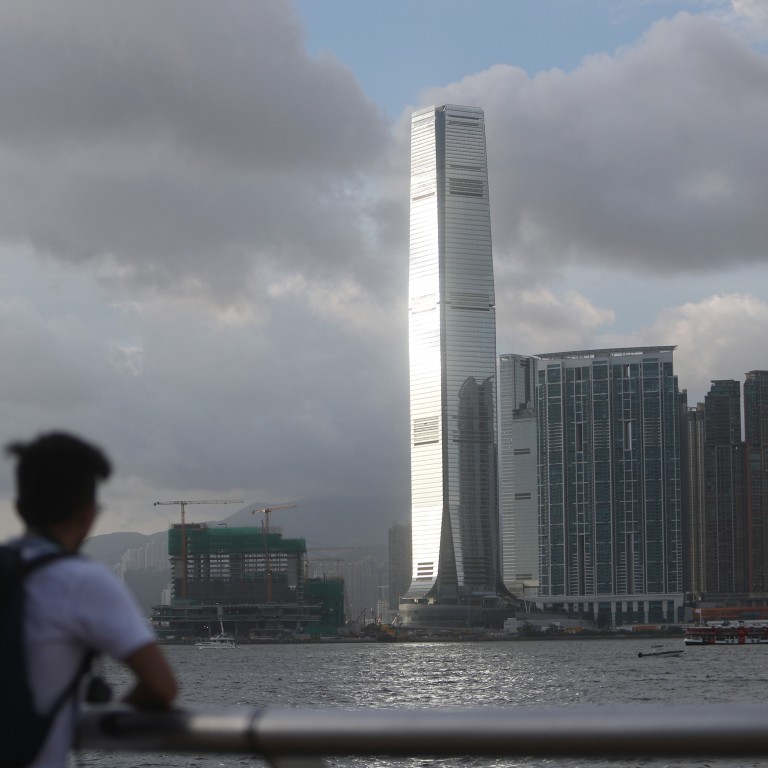
Exclusive | Hong Kong’s office landlords raise creditworthiness requirements as more commercial tenants walk away from leases
- Several office owners are doubling, in some cases tripling, the money they require as security deposit, particularly for tenants who are unknown to them
- The industry norm in Hong Kong is for three months’ worth of rent as deposit
Commercial landlords in Hong Kong, who own some of the world’s most expensive offices, are doubling or tripling the money that tenants must put down as deposit, as a downturn in business sentiment and tightening liquidity in China have led to several cases of renters reneging on leases.
Tenants of businesses related to cryptocurrencies, and those who hail from mainland China – especially those who are less-known to Hong Kong’s landlords – have been placed under scrutiny, according to several office owners and consultants in the city.
“The economic outlook has soured, so we have to be more cautious on every deal, not just the companies from China,” said Tai Hung Fai Enterprise’s founder Edwin Leong Siu-hung, adding that he would demand six-month rent as deposit and bank guarantees for unknown tenants who want to lease any space from his portfolio of offices and retail shops.
Until recently, mainland Chinese tenants were the biggest occupiers of Hong Kong’s best office locations. That stopped with the Chinese government’s 2017 crackdown on overseas remittances and tightening of liquidity. HNA Group, one of China’s most prolific offshore asset buyers, had to give up on the five floors it rented at Three Exchange Square to cut its borrowing costs.
“We have seen smaller Chinese private enterprises, mainly financial companies such as wealth management or asset management firms, walking away from leases,” said Ricky Lau, deputy managing director head of office leasing at Savills. “That never happened in 2018 when the market was strong.”

Mainland occupiers leased about 275,000 square feet of Grade A office space in Central last year, down 52 per cent from 2017, and hitting the lowest level in four years, according to property consultancy JLL’s data. An escalating trade war between the US and China sapped sentiments, while rising interest rates, tighter liquidity and a stock market slump further weighed on sentiments.
Monthly office rents in Central and the surrounding areas of Sheung Wan and Admiralty will fall by 4 to 6 per cent to about HK$154.90 per square foot, according to Cushman & Wakefield, while Colliers International expects leases in Central and Admiralty to decline 3.8 per cent in 2019.
Average rents of grade A offices in Central fell by 0.3 per cent to HK$163.7 (US$20.89) per square foot in November, according to Knight Frank, ending a three-year streak of rising rents that made Hong Kong the world’s most expensive city to occupy an office.
Sun Hung Kai Properties, owner of the International Commercial Centre (ICC) in Kowloon, said it was raising the bar for tenants to “provide better assurance.”
“For top-tier premium offices like the ICC, Sun Hung Kai has always been taking a selective leasing approach targeting quality clients,” a spokesman said in response to an inquiry by the Post, acknowledging that the developer is raising the deposit requirement to between six months to nine months in some cases. “We would review rental conditions from time to time according to market conditions and client situation.”
Taking errant tenants to court can be costly and time consuming, which explains why landlords prefer to be sure, rather than sorry, said Savills’ senior director of research and consultancy Simon Smith.
The “legal cost and risk are higher as it is more time consuming and complicated dealing with mainland tenants who fail to pay rent, or just disappear,” he said.


